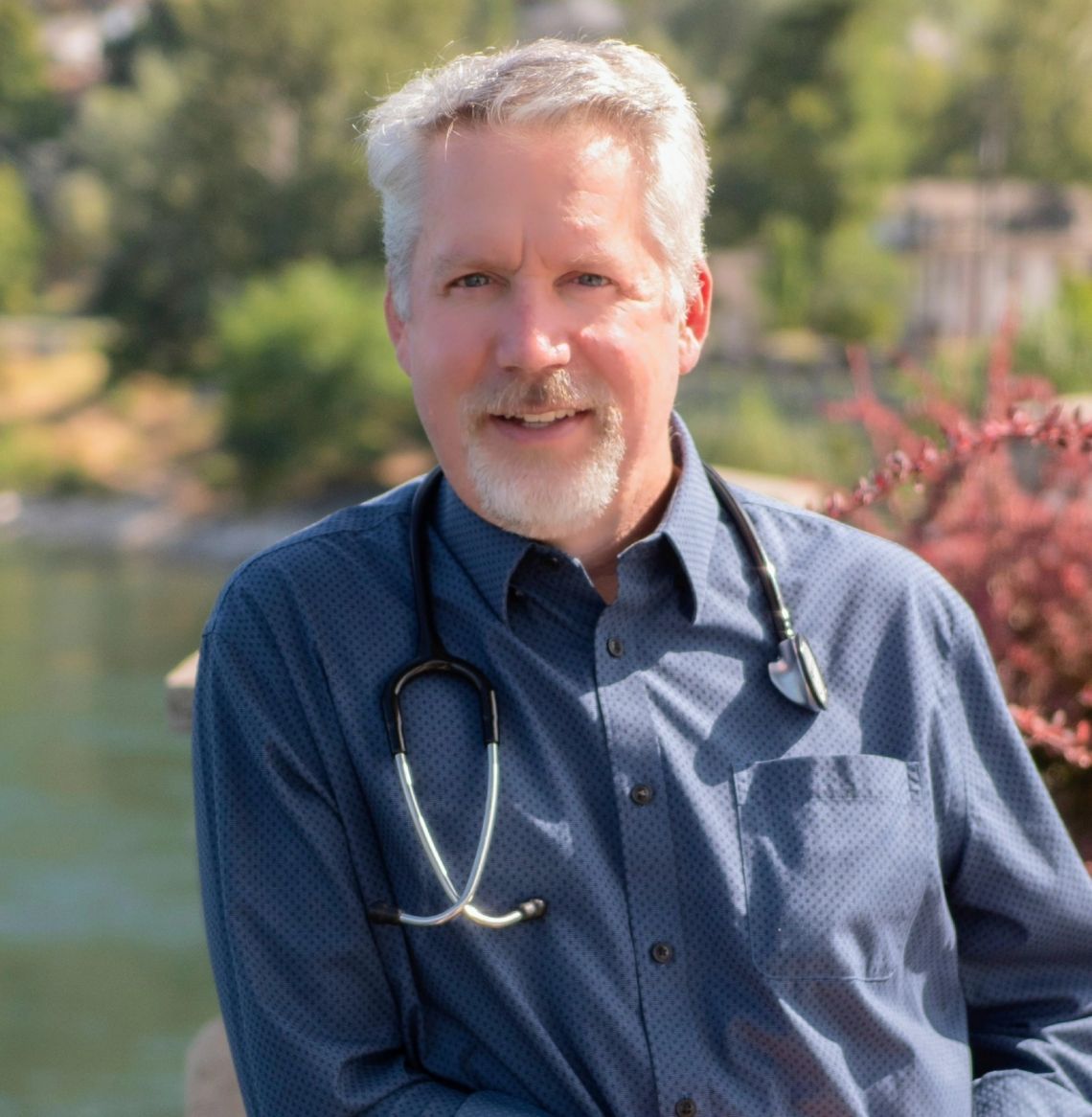
Meet: Dr. Scot Mountain
Title: Medical Lead
Describe what you do and what program(s) you work on/will work on:
I am the medical lead for the Real-Time Virtual Support Simulation program (RTVS). The RTVS program provides educational outreach to rural and remote communities — arranging medical simulations for learners and clinicians in rural settings to practice typical cases and prepare for the unique challenges that come with working in smaller locations.
Which partners do you work with most closely?
The RTVS program works in partnership with the Rural Coordination Centre of BC (RCCbc) and receives funding from the Joint Standing Committee on Rural Issues, a joint committee of the Doctors of BC and BC Ministry of Health.
Who does your work impact?
Our work impacts learners, clinicians and most importantly, patients who live and work in rural and remote settings throughout the province.
In what ways does this work impact the health community, health-care system or wellbeing of the target audience?
By providing educational opportunities for practitioners in resource-limited settings, we aim to increase their confidence and fulfillment working in smaller communities. In addition to improving patient care and patient access to care, we hope to enhance recruitment and retention of health professionals for smaller communities by helping them realize they are not alone out there.
Help is as close as a single call to RTVS.
What do you think are the new opportunities (trends) affecting your work?
Advances in teleconferencing technology, combined with increased familiarity brought on by the COVID pandemic have given us an opportunity to expand virtual care and virtual education significantly. Coupled with an increased recognition of the unique and significant needs of our rural patients and care providers, we are seeing a rapid uptake in virtual care.
Learn more about how the Rural CPD portfolio works to strengthen support in rural health communities in our recent featured story.